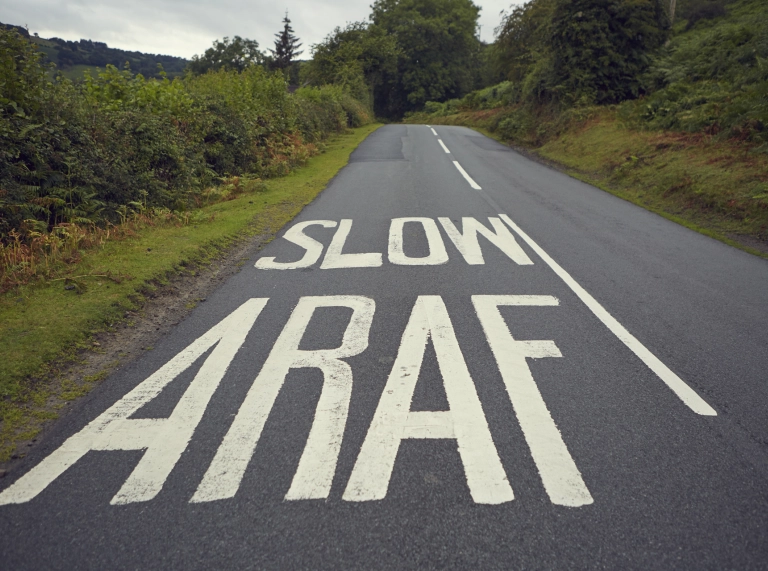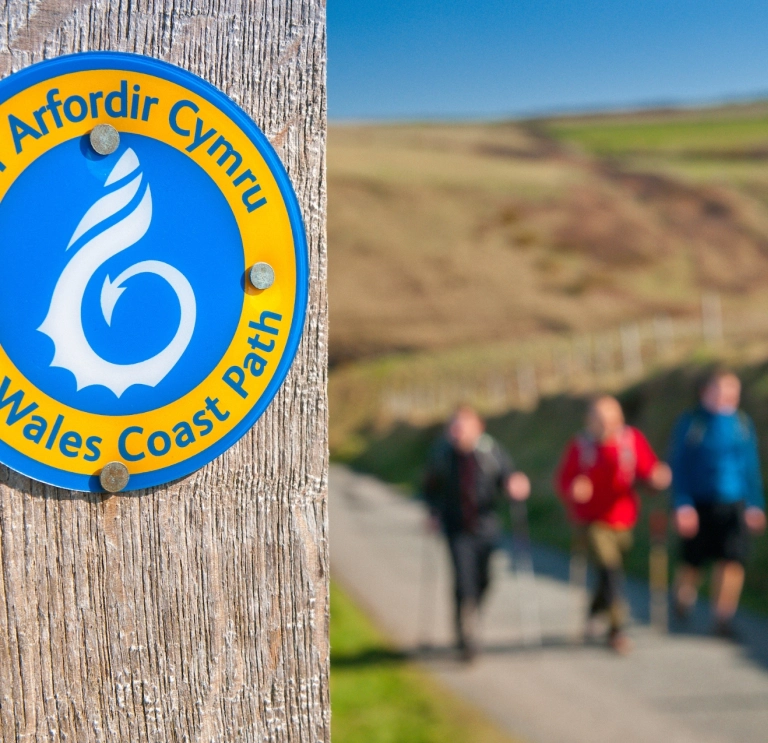Charles Williams has the answers to all these questions, and more…
Why don’t you have any vowels?
Whoah! Straight in with the big one! It’s a myth, actually. We have more vowels than English, thanks for asking. English has a, e, i, o, u. We’ve got a, e, i, o, u, w, y. English also uses ‘y’ as a vowel. Why? (No, that’s an example: ‘why’.) Also the word, ‘myth’, appropriately.
Okay, the double-L thing. What’s that all about?
The double-L sound – as in Llan – doesn’t appear in English, but does crop up a lot in Welsh (and in dozens of other languages, including Navajo, Greenlandic and Zulu). Technically, it’s called a ‘voiceless alveolar lateral fricative’. It’s not that hard to pronounce: go to say the letter L, then move your tongue fractionally back and up, and blow. Easy.
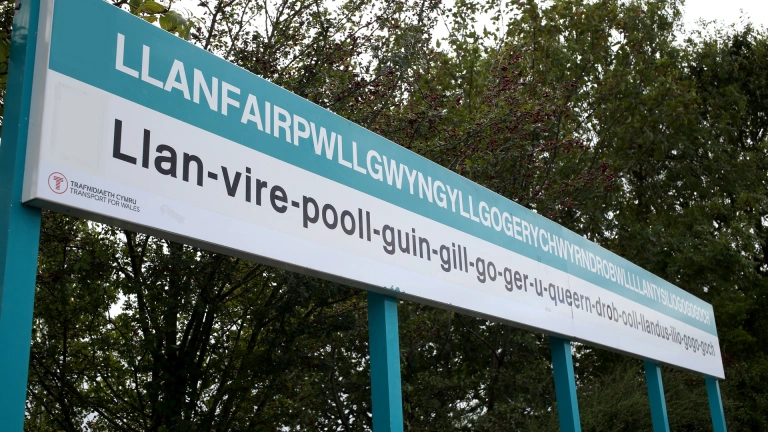
Are there really no Welsh swear words?
Another myth! People think that Welsh relies on religious curse-words (Duw meaning God; Diawl meaning devil, etc). In fact, modern Welsh has a vastly inventive lexicon of sexual swearing, which we’re much too polite to list here.
Is it true that you were speaking English before we walked into the pub?
No. We were actually speaking Xhosa, the Bantu language of Southern Africa. We switched to Welsh when you walked in, just to mess with your head.
Really?
No. We were speaking Welsh, probably. But maybe English, too. Or both, at the same time. It’s common to mix the two up in the same sentence. Half rice, half chips, depending on context – what we’re talking about, who we’re talking to, and how much beer we’ve had.
What’s the Welsh for microwave?
It’s not really popty-ping, if that’s what you’re getting at. [Popty means ‘oven’, so it’s an oven that goes ping. It’s a joke.] The proper name is microdon - the don bit means ‘wave’.
So basically, you just nick English words…
[Patient sigh] Micro is from the Greek word mikros, meaning small. We got it from the same place as English did – the Greeks. Languages evolve. English takes words from everywhere – it’s what makes it such a brilliantly successful language. Modern Welsh does the same. No big deal.
Are there any Welsh words in English?
Lots of British place names and geographical features have Welsh roots, but surprisingly few Welsh words have made it into everyday English vocabulary, actually. They include ‘bard’, ‘corgi’, ‘flannel’ – and maybe ‘penguin’, oddly. The most common is ‘dad’, from the Welsh tad.
Why so few?
Probably because for most of the last 500 years, there were determined efforts to stop people speaking Welsh. It’s a pity, really, because some things sound soooo much better in Welsh.
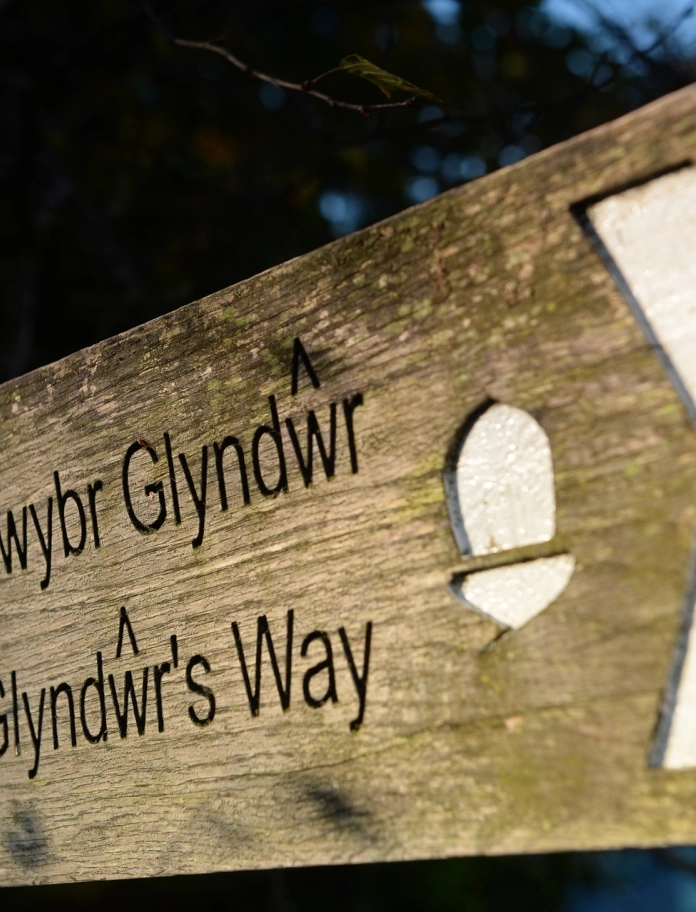
So, how many people actually speak Welsh now?
Depends what you mean. Everyone uses Welsh words, every day, if you include things like place names. But according to the latest statistics (2021 census), around 538,000 people speak Welsh - that’s around 17.8% of the population. The Annual Population Survey (July 2024 – June 2025) reported that 26.9% of people aged three and over were able to speak Welsh. This figure equates to 828,600 people. All children learn Welsh in school now, so the stats should rise in future.
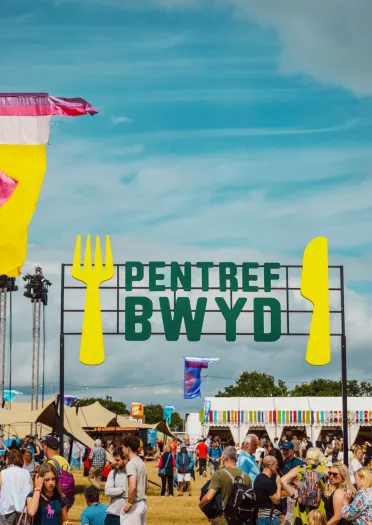
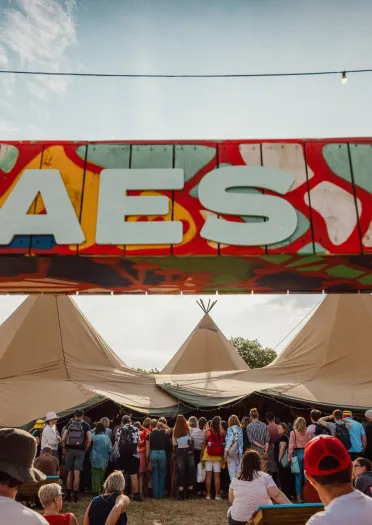
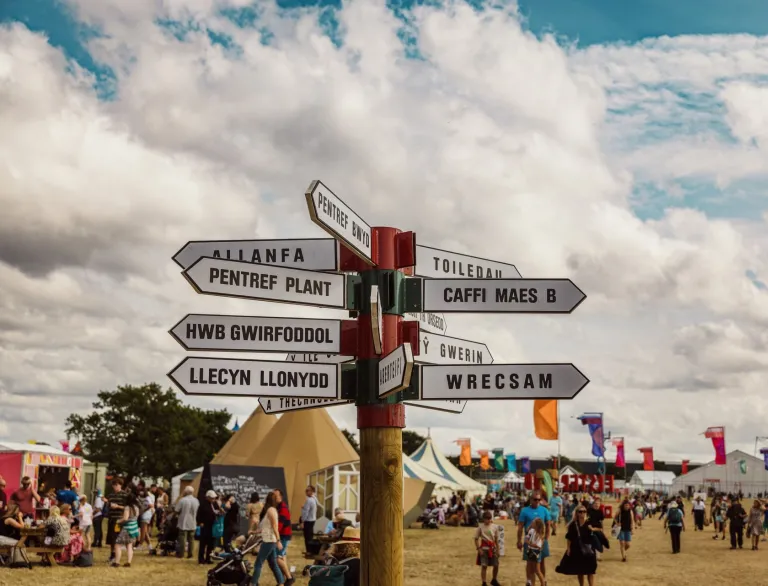
So it’s being kept alive artificially, then?
Ha! Well, you could argue that any intervention, whether it’s support or persecution, is ‘artificial’ in some sense. Welsh has been suppressed (the ‘Welsh not’, used to discourage 19th century schoolchildren from speaking Welsh, is an infamous example). But other things, like the huge population shifts of the Industrial Revolution, knocked the language, too. It’s only really in the last 50 years that there’s been active support. And that’s a good thing, surely.
What’s the point, though? You can all speak English…
True, and good job too. Makes it easier to order a beer in, say, Los Angeles or Amsterdam. It’s great knowing how to speak a global language like English, but that doesn’t mean that you abandon all other languages. That’d be boring. Also, our history and culture is totally entwined with the Welsh language. We’re a bilingual country, always have been, and we like it that way.
